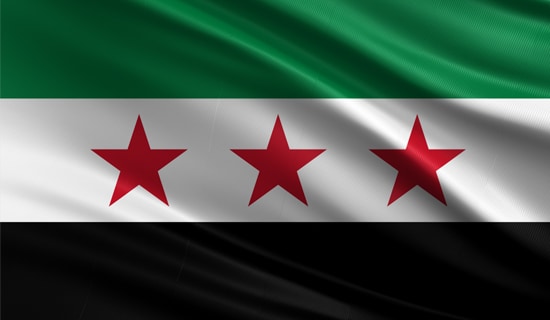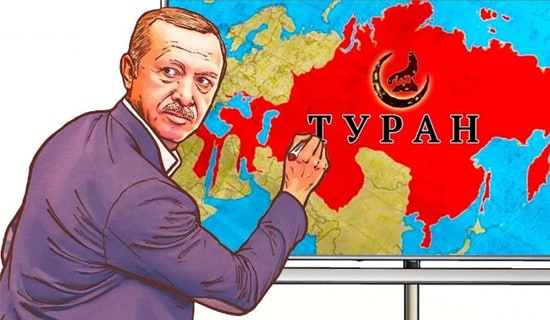Following the release on July 1, 2016 of the Quartet report on the Israeli-Palestinian conflict, which called for the cessation of violence and advancement of the two-state solution, Ashraf al-'Ajrami, a former minister for prisoner affairs in the Palestinian Authority (PA) and a columnist for the PA daily Al-Ayyam, penned an article responding to the report. 'Ajrami condemned the report for holding the Palestinians and Israelis equally responsible for the impasse in resolving the conflict. At the same time, he also directed criticism at the PA leadership for allowing such a report to be released as well as for its governing of the West Bank. He noted that the security situation there is steadily deteriorating, and that popular support for the PA is considerably low. He stressed that the Palestinians should avoid targeting civilians - such the action of the Palestinian who broke into a home in a West Bank settlement and stabbed a young girl to death as she slept - because such attacks tarnish the Palestinian's image and benefit Israel. He advocated sticking to non-violent resistance that places Israel in a difficult position and advances the Palestinian cause in the world.

Ashraf al-'Ajrami (image: pldf.net)
The following are excerpts from his article:[1]
"The Palestinians have every right to protest the Quartet report that [even] Israeli politician Yossi Beilin called 'shameful,' and this is the lightest term that can be applied to it. This meaningless report reduces the conflict to a discussion of the steps that each side must take, and holds both sides equally responsible for the situation we are in. The report reflects a significant retreat on the part of the Quartet and offers nothing that can help advance the political process. It does not discuss the need to address the heart of the conflict, namely the occupation and its actions on the ground. Though it notes that the settlements jeopardize the two-state solution, [it implies] that Israeli wants a solution and is merely taking [certain] measures that could delay or hinder it, while the Palestinian side is responsible for incitement and violence and is sabotaging the efforts to reach a solution, and perhaps is [even] responsible for the crimes of the occupation. This report effectively reflects a vague or passive position towards the conflict on the part of the Quartet, [a conflict] that is a fuse that could set the region on fire and affect the cycle of violence and terror it is currently [caught] in.
"Israel's response to the report was not long in coming. Not only did Israel reject the notion that the settlements are detrimental for the two-state solution, it defied the international community by announcing an unprecedented [wave of] construction in the settlements, [namely] the construction of hundreds of housing units in occupied Jerusalem, in the settlements around it and in various parts of the West Bank, while issuing statements [describing] the reinforcement of settlements as a response to what it calls Palestinian terror. This recklessness, the encouragement of settlements and the efforts towards annexing a large part of the West Bank reflect a consensus between the Israeli public and government...
"We can blame the Quartet, the international community and the superpowers forever, and hold all of them responsible for the results of the occupation that is oppressing our people and our land. We can accuse all the international elements of helplessness - but have we done what is required of us? Was the Palestinian diplomacy sufficiently responsible in fulfilling its duty to prevent the publication of such a report, as Israel did when it delayed its release and [had them] change its message and its language? Of course [we did not do enough]. We are preoccupied only with questions of... how to distribute funds, who will fulfill what position and who will be in charge.
"The truth is that we are in the worst possible situation and are quickly sliding into an abyss. It's not just our domestic performance as a governing body that has reached a nadir in terms of its popularity, [for] barely a third of the public [supports it]. The security situation is steadily slipping [towards chaos]... that benefits Israel. [In addition,] our political and media message is confused, a sort of mixture of rationality regarding our national interest and an escalating extremism that is [the result of] being swayed by sectors of the public who are affected by the crimes of the occupation. It is difficult to see our media taking up a clear discourse reflecting a unified leadership stance that helps to shape public opinion [in ways that] promote our interests.
"We can no longer distinguish between the mistakes that do us considerable damage and must be pointed out - such as attacks on civilians, like the murder of the girl in her sleep[2] - and measures that confront the occupation efficiently and effectively. We are dragged into doing [precisely] what the Israeli government wants, namely into the rubric of armed struggle, especially against civilians. This not only places us in conflict with the Israeli army, which has [military] superiority over us and is able to do us considerable damage, as happened in the Second Intifada. It can [also] absolve Israel of political responsibility and make us just as responsible for the situation as Israel [itself]... The violence of the Israeli authorities is aimed at preventing us from engaging in non-violent popular resistance that causes Israel distress, embarrasses it in the international arena and places it in conflict with a defenseless people that is demanding its rights of an occupation machine, armed to the teeth, that is persecuting it.
"We no longer hear a brave and explicit Palestinian position that refutes the Israeli claims and stresses our patriotic and moral [stance], based on a decisive and unanimous realization that it is necessary to focus on popular resistance that will put Israel in a corner and expose its shame. Moreover, some people are carried away by declarations that sound very much like hollow and irritating slogans that cannot be implemented in any measure, and only [serve to make us] responsible for 'inciting violence'... Without a doubt, we must give some serious thought to shaping our political discourse, in terms of its content and language, so it will serve our interests and advance our cause in the international arena."
Endnotes:





